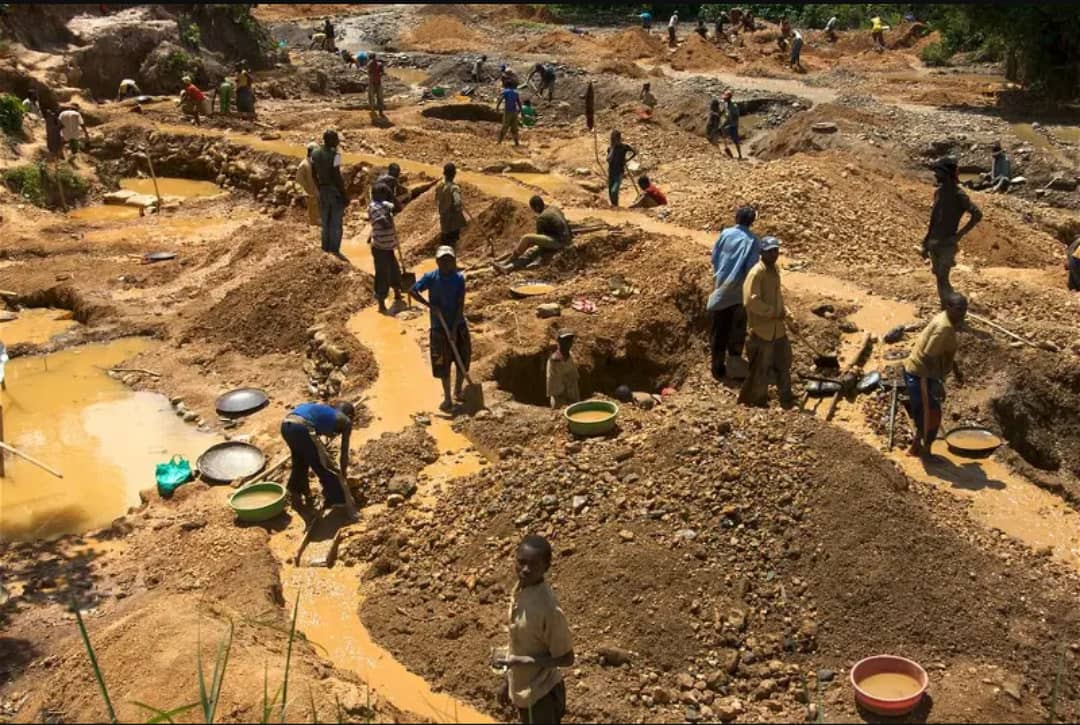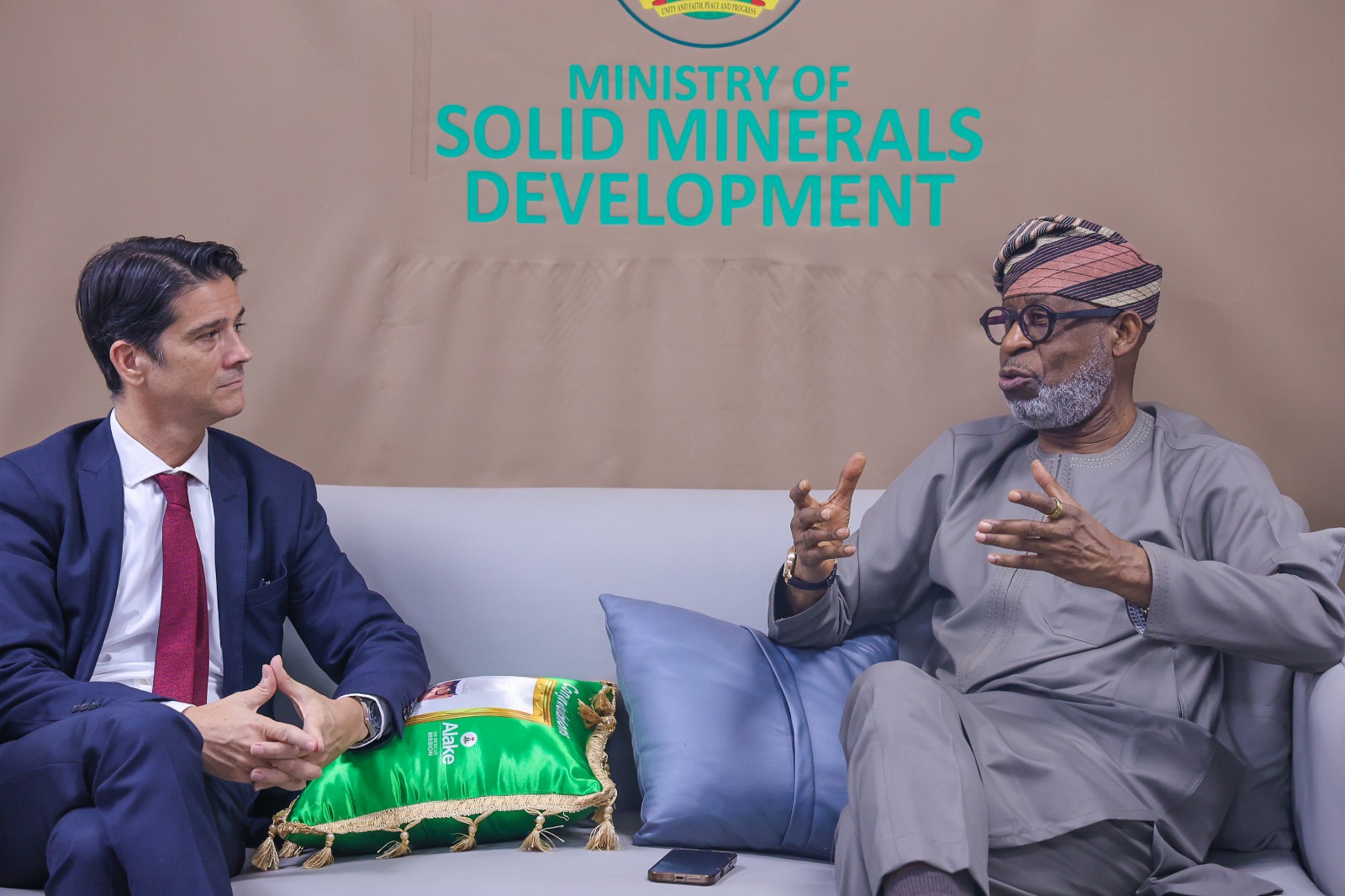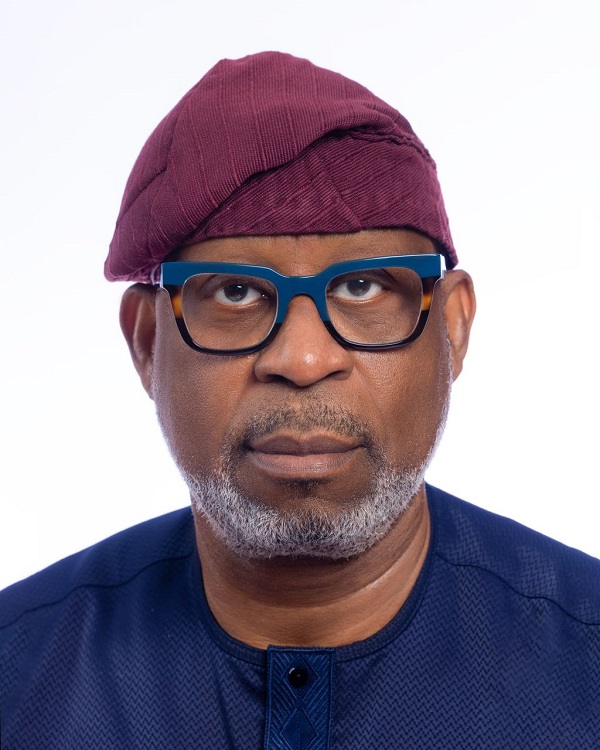Unveiling The Hidden Gem of Taraba’s Mining Sector
BY ABRAHAM MAINA JODA

Taraba State, fondly referred to as “Nature’s Gift to the Nation,” is a treasure trove of natural resources and human potential. With its fertile lands, diverse topography, and favorable weather conditions, the state stands out from its peers.
Recently, the Governor of Taraba State has recognized the vast mining potential of the state and is working towards harnessing it.
Mineral Deposits and Locations
Taraba State is endowed with an array of mineral deposits, including:
– Consolidated Precious Stones
– Lead-Zinc for smelting
– Limestone
– Uranium
– Quartz
These minerals can be found in various locations across the state, including:
– Gembu
– Bali
– Wukari
– Muri
– Karim Lamido
– Lau
– Ardo Kola
Government Plans and Initiatives
The Taraba State government has outlined several plans to ensure responsible and sustainable mining practices, including:
– Partnership with Finland for effective exploration and mining
– Environmental preservation and responsible mining practices
– Engaging local communities and ensuring equitable sharing of proceeds
– Presenting Taraba State as investment-ready at the European Union meeting
– Clamping down on illegal mining
The government’s efforts to maximize the mining potential of the state are commendable, but it is crucial to address the attendant dangers of mining, such as environmental degradation and lead poisoning.
The recent suspension of mining activities to register miners and prevent illegal mining is a step in the right direction.
International Collaboration and Knowledge Sharing
The Governor’s visit to Ghana to interact with mining communities and experts is a laudable initiative.
The visit included meetings with leaders in the mining sector, former President John Mahama, and visits to mining sites, showcasing the state’s commitment to learning from best practices and attracting investors to the sector.
Estimating the exact revenue potential from mining in Taraba State is challenging without specific data on the quantity and quality of mineral deposits, extraction costs, and market prices.
However, considering the state’s rich mineral endowment, significant revenue generation is possible.
Assuming efficient extraction and processing, Taraba State could potentially generate:
– Billions of naira from lead-zinc mining (based on global prices and estimated reserves)
– Hundreds of millions of naira from limestone quarrying (depending on market demand and extraction volume)
– Significant revenue from uranium mining (subject to global market conditions and regulatory frameworks)
– Substantial income from quartz and precious stone mining (dependent on market demand and extraction volume)
Mining can provide various job opportunities for Taraba indigenes, including:
– Direct employment in mining companies (mining engineers, geologists, operators, etc.)
– Indirect employment in supporting industries (transportation, logistics, equipment maintenance, etc.)
– Job creation in related sectors (construction, manufacturing, energy, etc.)
– Entrepreneurial opportunities in mining-related services (prospecting, surveying, consulting, etc.)
The exact number of job opportunities depends on the scale of mining operations, technology used, and the state’s ability to attract investments.
However, responsible mining development can significantly contribute to Taraba State’s economic growth and employment generation.
Conclusion
Taraba State’s mining potential is undeniable, and the government’s efforts to harness it are promising.
However, it is essential to prioritize environmental preservation, engage local communities, and ensure responsible mining practices.
With the right approach, Taraba State can become a model for sustainable mining practices in Nigeria, unlocking its full potential and contributing significantly to the nation’s economic growth.
ABRAHAM MAINA JODA is a political analyst and researcher. He writes from Lagos State and can be reached on 07038543606 as well as: abrahammainajoda@gmail.com











